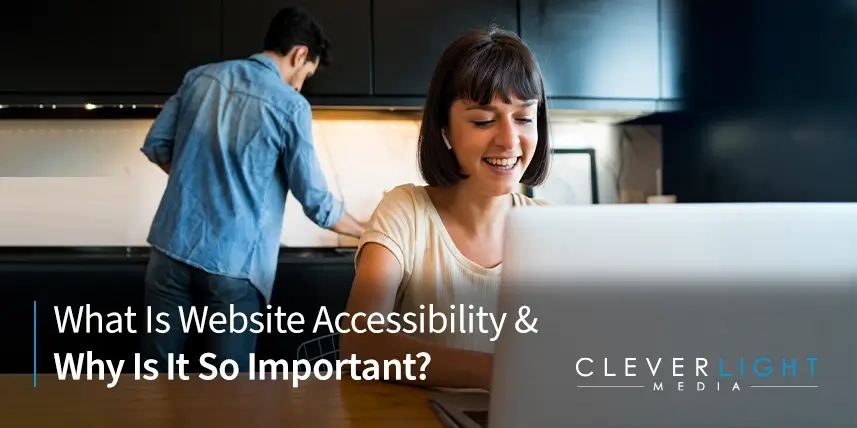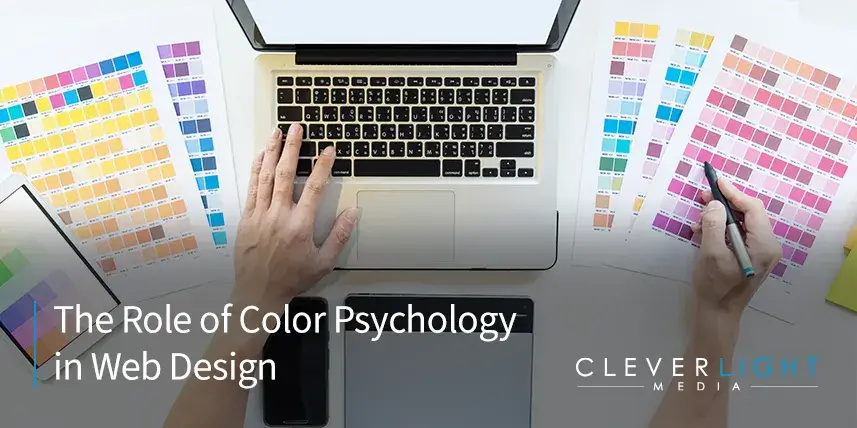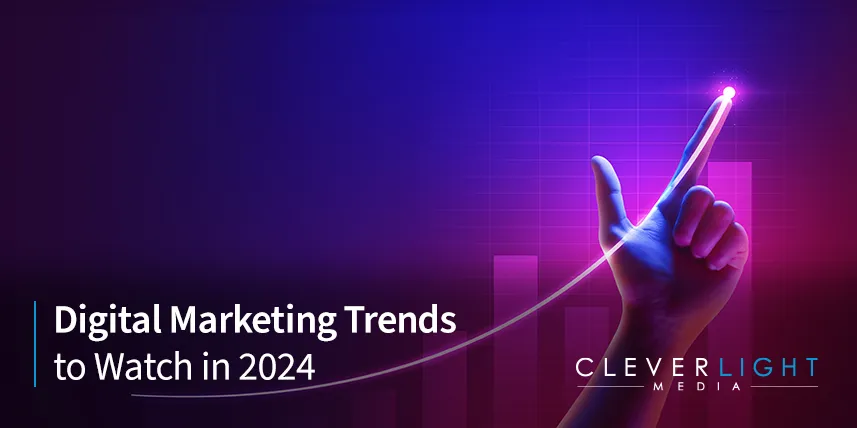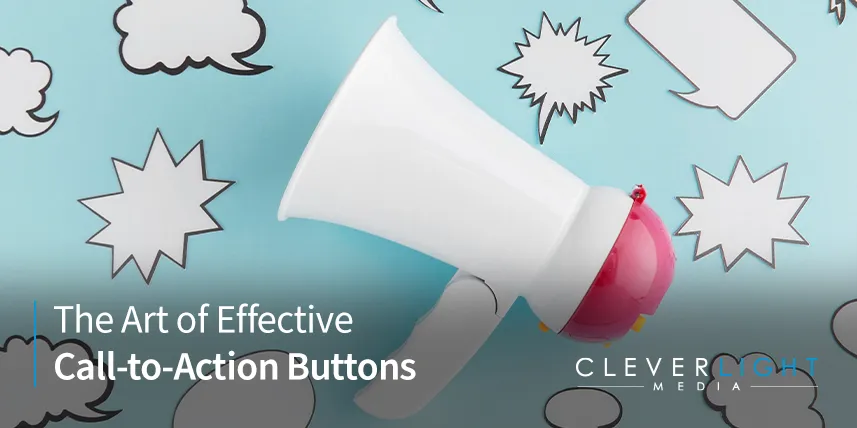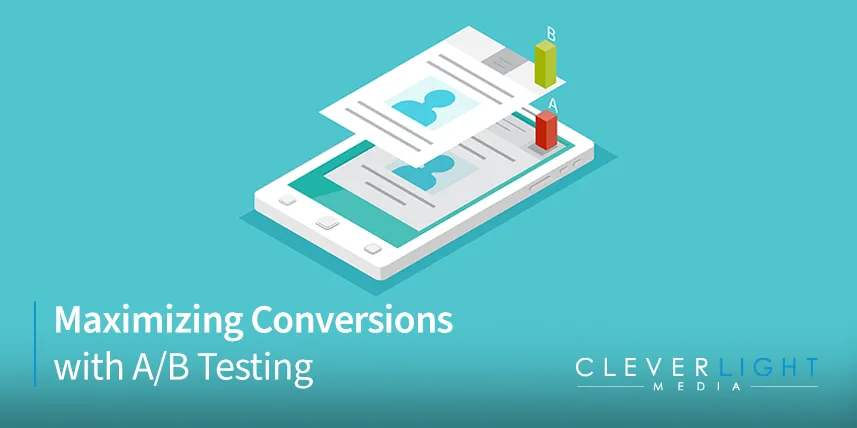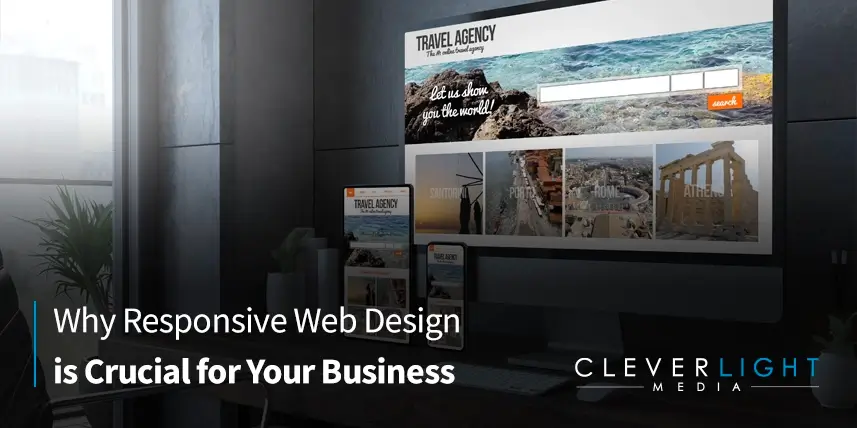Did you know that you could be sued if your website isn’t 100% accessible to everyone, including people with disabilities? It’s true! The Americans with Disabilities Act (ADA) states that any area that is open to the public must accommodate people with disabilities. And yes, that includes your website if your website is open to the public. However, most websites are not in compliance and the number of lawsuits is beginning to rise.
What Is Website Accessibility?
Website accessibility is the inclusive practice of ensuring there is nothing that would prevent any person from interacting or accessing any given website on the World Wide Web. That includes people with physical disabilities or people with other issues that aren’t usually considered a disability, such as poor lighting, noise, distractions, and social or economic restrictions on bandwidth and speed. If websites are properly designed and developed, more users would experience equal access to all the information and functionality contained therein.
The website design and functionalities that need to be considered for specific impairments include the following.
Visual Impairments – These include blindness, low vision, poor eyesight, and all forms of color blindness.
Motor and Mobility Impairments – These include people who have difficulty using their hands due to conditions caused by strokes, Parkinson’s, muscular dystrophy, cerebral palsy, etc. This includes tremors, loss of muscle control, muscle slowness, etc.
Auditory Impairments – These include all hearing impairments such as being hard of hearing, deafness, and other hearing issues.
Cognitive and Intellectual Impairments – These include cognitive disabilities such as Alzheimer’s and PTSD, development disabilities, and learning disabilities such as dyscalculia, dyslexia, etc. And any cognitive disability that affects memory, attention, problem solving, logic skills, developmental maturity, etc.
Yes, this covers a lot, which is why it’s so important that you have systems in place to make sure your website is compliant.
Disability and Accessibility Statistics
Here are some disability and accessibility statistics regarding web accessibility.
– 98% of all websites are inaccessible to some extent
– 20% of the population has some type of disability
– 86% of website home pages have low-contrast text that’s hard to read
– 26% of website home page images have missing alt text, so people with disabilities won’t experience the benefit those images portray
– 75% of Americans with disabilities say they use the internet daily
– 62% of U.S. adults with a disability say they own a desktop or laptop computer
And we could go on and on, but there are just too many to list.
Why Is Website Accessibility So Important?
Aside from doing the right thing by helping to provide everyone with equal access to your website, website accessibility is also important for other reasons. Website accessibility will broaden your market reach, help mitigate legal risk, and boost your brand’s reputation and perception.
The Four Basic Principles of Website Accessibility Standards
There are four basic principles of website accessibility standards according to the Web Content Accessibility Guidelines (WCAG). Knowing these will help you determine what makes a website accessible.
1. Perceivable – All content on a website must be perceivable and nothing should ever be invisible to any of the senses. For example, text, font, color contrast, etc.
2. Operable – All website components must be operable by all users. There shouldn’t be any interactions that a user can’t perform. For example, providing keyboard accessibility for people who can use their hands.
3. Understandable – All users must be able to understand the interface of a website. For example, clear navigation, button labels, instructions, having the ability to correct mistakes, etc.
4. Robust – All content must be robust enough that it is accessible to everyone. For example, websites should be compatible with current and future technologies such as browsers and assistive readers, etc.
What’s Next?
If you want more information about website design, development, accessibility, WordPress hosting, or content marketing, please contact CleverLight Media today. We would love to show you how we can create a website or take a current website and turn it into a resource works for you!
